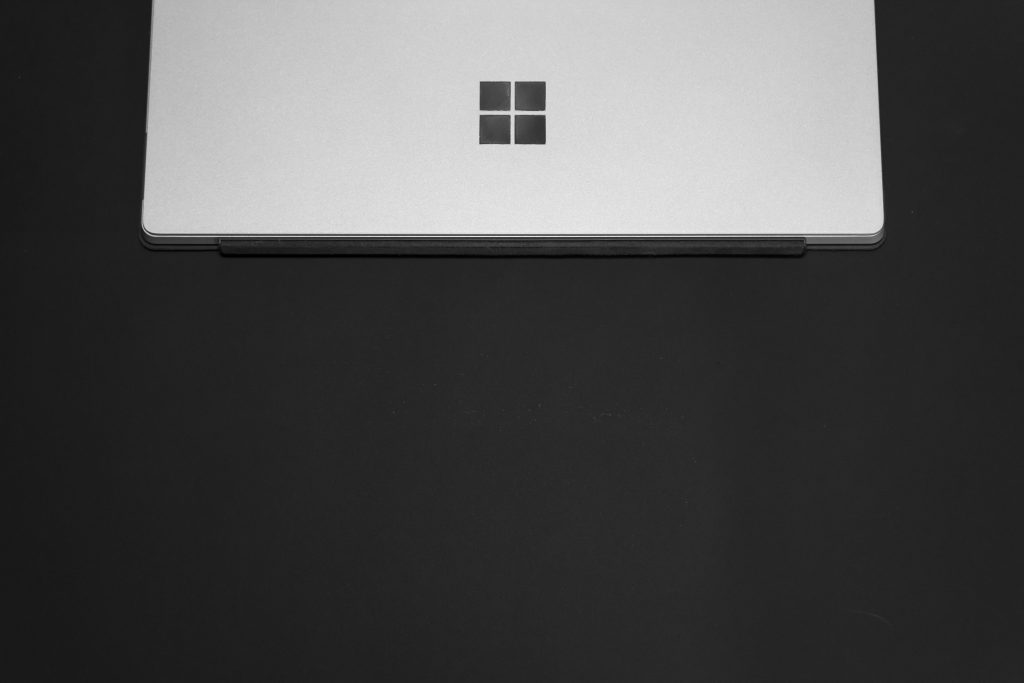
It is well known that Windows users need to be cautious about malware and other threats, and some might be worried about the risks of a Windows 10 VPN. Although VPNs are generally secure and can effectively help you protect your privacy while using the Internet, it is always necessary to follow basic best practices, whether you are using one of the best VPN services or not.
Here we'll clarify how using a Windows VPN can affect your online security and what steps you can take, no matter what you're doing online – whether you're using online banking or just logging in to your Netflix account.
Check Security Measures
Every VPN is different, so it isn't easy to make generalizations about their security. That said, most VPNs from reputable providers are incredibly stable, and Windows is likely to have access to the most secure VPNs on any operating system.
A stable VPN can have a broad range of protocols, along with an automatic kill switch. This will cut off your internet link if the VPN ever stops functioning, ensuring that your operation is still kept secure from third parties. Different VPNs can also provide their security measures outside these basic features, such as DNS leak checking and tunnel splitting.
Always Download from a Secure Source
It is essential to download a file from a reputable source if you are searching for a VPN. Downloading files from websites hosted by third parties is an unnecessary risk unless you have access to a connection from the provider's official website.
Any VPN that we recommend offers a direct download of Windows software on its site, so we can go as far as to claim that we never take the risk of downloading from a third party site – it is known that legitimate VPNs are bundled with malware on third party sites.
Besides, a VPN would not inherently prohibit you from accessing malicious files. You should always be vigilant when you get files from unknown sources – consider having one of the best antivirus programs if your VPN doesn't provide malware scanning.
Don’t Let Your Guard Down When Using The Internet
While a VPN will keep your details secret from your ISP, network administrator, and other third parties, it will not shield you from different types of attacks. For example, phishing is responsible for most data breaches, and the VPN would not provide any extra defense against such attempts.
Overall, you need to be careful when using the Internet, particularly when entering sensitive information, such as login details or credit card numbers. Always confirm the URL of any site that requests personal data, particularly if you have received a connection via email or SMS – and check the actual sender's website via Google to see their verification measures.
Upgrade to a Paid VPN for Maximum Security
Some free VPN services are reliable, but there are several reasons to recommend upgrades. Paid VPNs usually provide improved performance and straightforward privacy policies.
On the other hand, free providers are always unpredictable, and many of them rely on selling consumer data to generate revenue. A few dollars a month is simply a small price to pay for the security that comes with a paid VPN from one of the top providers.




No comments